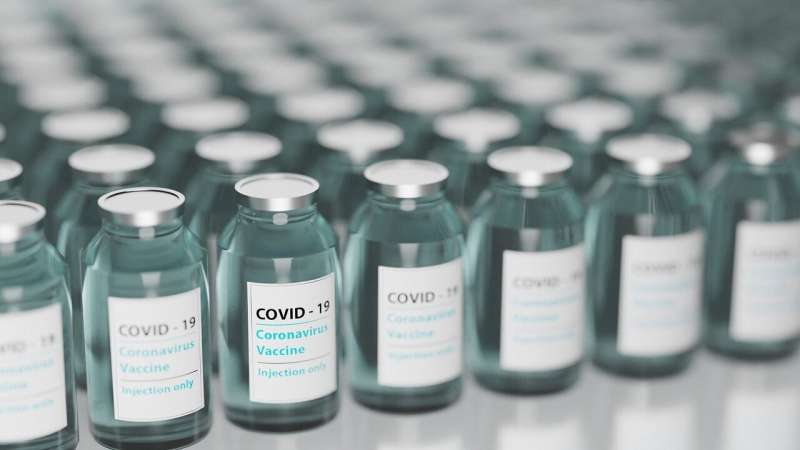You've been vaccinated for COVID-19. Now what?

The Centers for Disease Control and Prevention released new guidelines for Americans who have been vaccinated for COVID-19. Fully vaccinated people can gather safely in small groups without masks, according to the recommendations.
"It's important to bear in mind this advice about gathering without masks is limited to gathering in a private setting ― not in public. This guidance doesn't translate as well into the workplace, where the vaccination statuses and high-risk health conditions of co-workers aren't public knowledge," says Dr. Melanie Swift, co-chair of Mayo Clinic's COVID-19 Vaccine Allocation and Distribution Work Group.
In this Q&A, Dr. Swift answers common questions people may have after being vaccinated for COVID-19:
Q. How long will each COVID-19 vaccine be effective?
A. It's not yet know how long any of the COVID-19 vaccines will last in terms of protecting people from COVID-19. We believe it's at least three months. It's probably a year, but we're going to have to wait and see. These studies are ongoing, and we will get the answer to the question of how long each COVID-19 vaccine works.
Q. How long does it take to build up immunity to COVID-19 after being vaccinated for COVID-19?
A. After you finish your COVID-19 vaccination series, whether it's the two-dose series or the single dose, you need to wait two weeks to get the full benefit of the COVID-19 vaccine. Even then, when you have the full benefit of your COVID-19 vaccine, COVID-19 is still circulating in the community. There is no widespread immunity yet. Therefore, people still need to wear a mask and practice social distancing for now.
Q. Why do people who have been vaccinated for COVID-19 still have to wear a mask and practice social distancing while in public?
A. It's frustrating that we're not quite there yet, but taking off your mask and letting down your social distancing while in public right now is a little bit like deciding that you don't need to wear your seat belt because you're a good driver. You can't control all of the risks out there, and no COVID-19 vaccine is 100% effective. So right now until more of the population is protected, you should not relax those precautions.
Q. What are the potential side effects of a COVID-19 vaccine?
A. A COVID-19 vaccine can cause mild side effects after the first or second dose, including:
- Pain, redness or swelling where the shot was given.
- Fever.
- Fatigue.
- Headache.
- Muscle pain.
- Chills.
- Joint pain.
- Nausea and vomiting.
- Feeling unwell.
- Swollen lymph nodes.
A COVID-19 vaccine can cause side effects similar to signs and symptoms of COVID-19. If you've been exposed to COVID-19, and you develop symptoms more than three days after getting vaccinated or the symptoms last more than two days, self-isolate and get tested.
©2021 Mayo Clinic News Network
Distributed by Tribune Content Agency, LLC




















